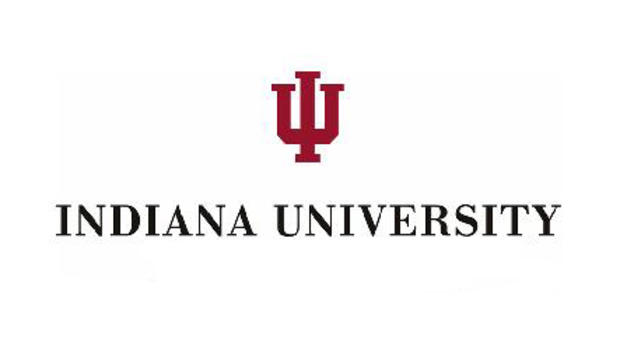Pro-life students at Indiana University are urging university researchers this week to stop using aborted baby body parts and to respect the value of babies in the womb.
In November, LifeNews broke the news that Indiana University paid $200 each for pieces of aborted babies’ brains from the University of Washington. The university claimed the costs only involved shipping and handling fees; however, the invoice for the brains did not mention “shipping” or “handling.”
The news upset student leaders of the IU Students for Life club. They recently began contacting university officials to ask them to stop using parts from aborted babies in research, Indiana Daily Student reports.
Club vice president Emily Eherenman said they hope the university can find alternative means to conduct research.
“We are the only undergraduate pro-life group on campus, so we felt it was our duty to address this issue and let them know we’re IU students and we do not support this,” Eherenman told the student newspaper. “We would appreciate, and we would actually encourage, that they do not continue this practice, even though the research is important for Alzheimer’s disease.”
IU Vice President for Research Fred Cate is one of the faculty members who the pro-life students are contacting. Cate told the student newspaper that the research cannot be done with tissue from other sources, such as tissue from miscarried babies – a questionable claim.
Here’s more from the report:
IU researchers have conducted other fetal tissue studies on cell lines traceable to as far back as the 1960s and as far away as the Netherlands, Cate said. The same lines have been crucial in the development of vaccines for chickenpox, polio, hepatitis, rabies and more.
Despite possible benefits of the tissue and subsequent cell lines, Eherenman expressed concern that studies on current fetal brain tissue could create a market for aborted fetuses.
Click here to sign up for pro-life news alerts from LifeNews.com
“If they need more brains to research on, they can, hence, encourage abortion,” she said. “As an IU student club, we do not agree with that, and we don’t like that our university is propagating it.”
Indiana Right to Life also is sponsoring a petition to the Indiana University Board of Trustees that calls for an end to the experiments on aborted babied. All Hoosiers, especially Indiana University alumni, are encouraged to sign on.
As LifeNews reported, Indiana University recently filed a lawsuit challenging a portion of the state’s new Dignity for the Unborn law, which prohibits the transfer and sale of aborted baby parts. Indiana University claims in its lawsuit that the law will jeopardize its research.
The new legislation, passed in March, requires that aborted babies’ bodies be cremated or buried. It strengthens a law passed in 2015 and signed by Gov. Mike Pence requiring that aborted babies’ bodies be disposed of in a humane way. State law also prohibits the transfer and sale of aborted baby body parts.
Indiana University researchers argue in their lawsuit that these new measures will jeopardize their research and stifle their academic freedom, the Indy Star reports. The lawsuit claims the effects on scientific research could be “dramatic” and catastrophic.”
Dr. David Prentice, Vice President and Research Director for the Charlotte Lozier Institute, said the Indiana University lawsuit does not contain any proof that aborted babies’ body parts are necessary for scientific research.
“Their complaint makes vague statements about the need for the research, as well as the oft-cited but unproven claim that they will not be able to hire research faculty if the prohibition remains in effect,” Prentice said. “However, their claims lack any substantive proofs that the research use of aborted fetal tissue is critical or unique.”
A number of scientific researchers also have publicly stated that aborted babies’ body parts are not essential to medical advancements.
In an op-ed in the Milwaukee Wisconsin Journal Sentinel in 2015, six doctors explained why using fetal “tissue” for research is unethical and unnecessary for scientists.
“The argument that fetal-derived tissues must be used in research to develop medical treatments is false,” they wrote. “Many therapies have been developed using cell lines not of fetal origin, including insulin for diabetes (produced in bacteria), Herceptin for breast cancer and tissue plasminogen activator for heart attack, stroke and pulmonary embolism (both developed in Chinese hamster ovary cells).”








